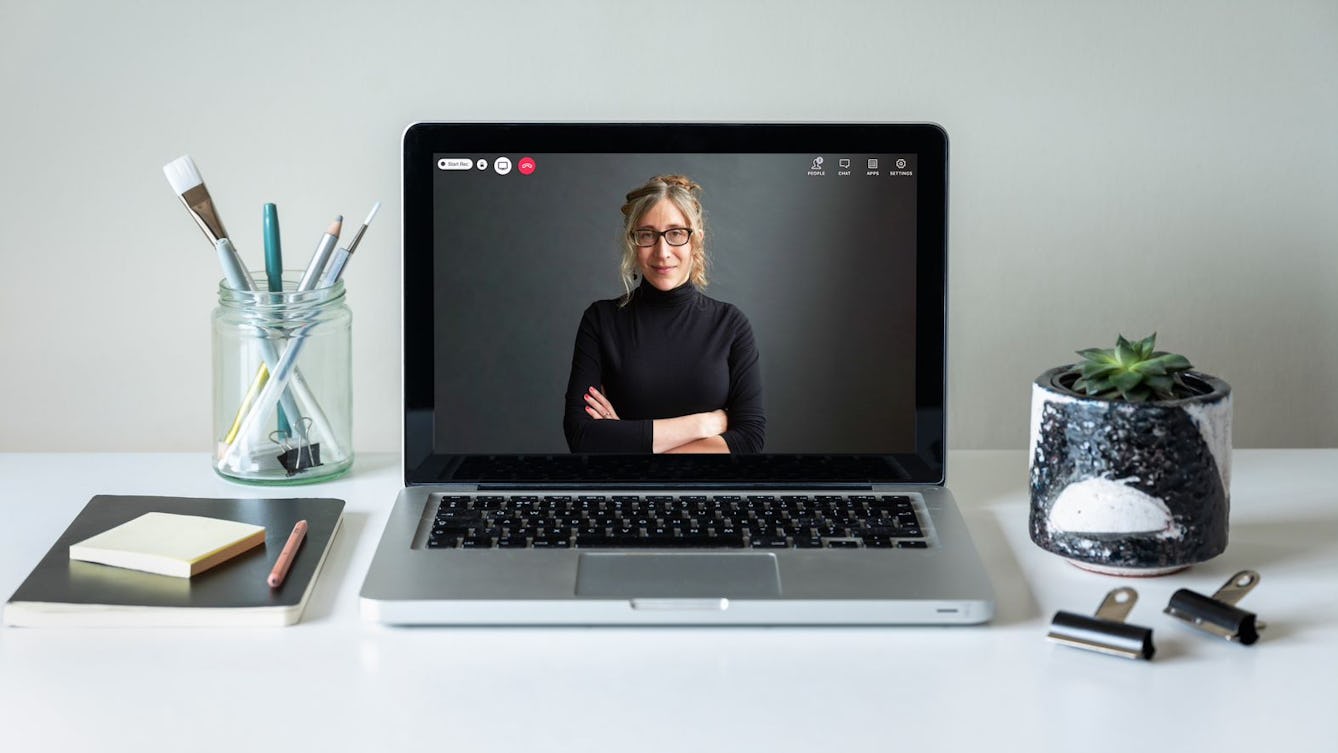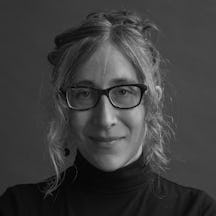Hannah Murphy's event explored the practical role of medical experts in the construction of the early modern slave trade.
Between 1440 and 1720, more than two million enslaved people from a range of African kingdoms and territories were forcibly transported to the Americas; tens of thousands more remained in Europe. From the first moments of contact between African and European peoples, medical practitioners played a key role in creating a domesticated discourse around enslaved bodies. Among their other practical duties, they provided medical treatment at every key stage in the process of enslavement: encounter, confrontation and commerce, transport, illness and injury, disembarking, inspection and processing.
Over the course of the early modern period, their participation developed and became more formal. Using travel narratives, ship’s surgeons’ journals and printed books in Wellcome Collection, the talk will provide a broad overview of the dynamics at play as medical practitioners competed for expertise and authority over new conceptions of human difference.

